Jay-Z’s latest moves in his legal case against an anonymous woman drew a “scathing ruling” after he demanded a judge order the victim be publicly identified.
Jay-Z’s lawyers filed multiple court documents after the rapper was added to a lawsuit accusing him and Sean “Diddy” Combs of raping a 13-year-old girl at a 2000 VMAs after-party. However, the “bare-knuckle litigation” strategy used was met with a “bench slap” by New York Judge Analisa Torres, according to experts.
“Jay-Z’s lawyer, Alex Spiro of Quinn Emanuel, went too far in filing motion after motion and attacking the alleged victim and [her attorney] Tony Buzbee, though,” former federal prosecutor Neama Rahmani explained to Fox News Digital. “We call a scathing ruling like that a ‘bench slap.’
“When a judge publicly chastises a lawyer like that, it is embarrassing professionally and sends a message that bare-knuckle litigation tactics won’t be tolerated simply because you’re at a white-shoe firm and representing a rich and powerful celebrity. Spiro is going to have to recalibrate his approach and take a more nuanced, professional tone in his court filings.”
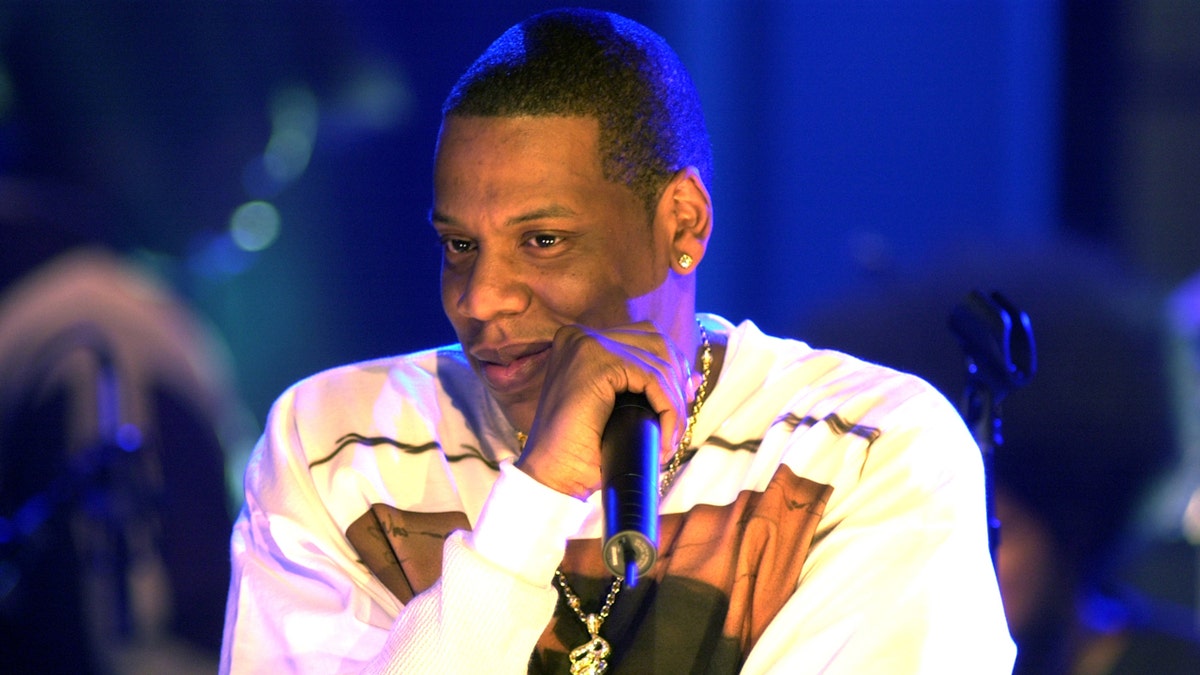
A New York judge criticized Jay-Z’s legal team’s filing tactics in a ruling allowing his sexual assault accuser to remain anonymous. (Theo Wargo/WireImage)
Torres ruled Jane Doe could remain anonymous for now but reserved the right to revisit the decision at a future date in court documents filed Thursday. The judge took the time to call out Spiro’s previous motions.
“(Jay-Z’s) lawyer’s relentless filing of combative motions containing inflammatory language and ad hominem attacks is inappropriate, a waste of judicial resources, and a tactic unlikely to benefit his client,” she wrote. “The Court will not fast-track the judicial process merely because counsel demands it.”
Courts typically “disfavor” repeated filings and “outright demands,” according to Orange County criminal defense lawyer Lauren Johnson-Norris.
“Court pleadings are no place for inflammatory language, and courts disfavor repeated filings and outright demands,” Johnson-Norris told Fox News Digital. “Spiro is likely responding this way at the behest of his client, but that is why lawyers need to operate the way they are trained and with professionalism.
“It can be difficult to manage a celebrity client and their demands, but, as the judge noted, this is not in the client’s interest. It may do more harm than good. Whether Spiro changes his approach may depend on what boundaries he is willing to set with his client, but I expect he will tone it down.”
READ THE RULING:
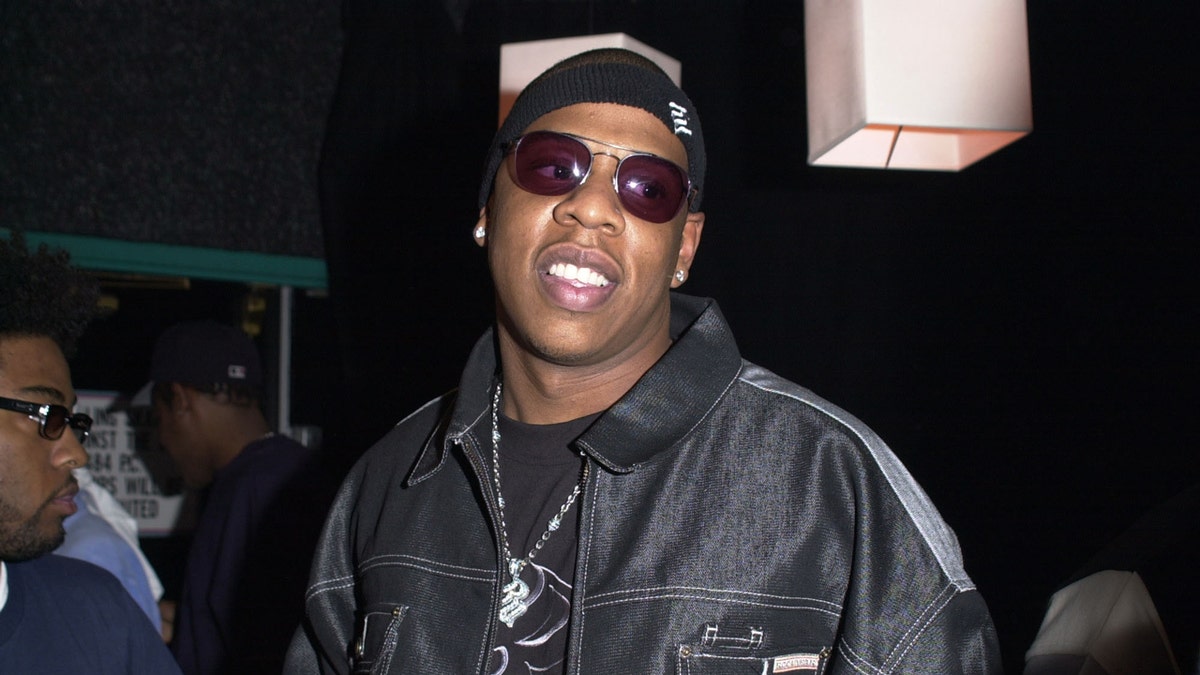
Jay-Z is accused of raping a 13-year-old girl alongside Sean “Diddy” Combs. (J. Vespa/WireImage)
At this “exceedingly early stage” of Jay-Z and Diddy’s case, Judge Torres noted the victim’s privacy interests outweigh the public’s interest. The judge did note in the Dec. 26 order that “the balance of these factors will certainly shift.”
“The federal rules don’t automatically allow victims of sexual assault or abuse to remain anonymous, like many states,” Rahmani explained. “The judge has to balance the plaintiff victim’s privacy interests with the defendant and public’s interest in disclosure. Practically, some victims may not want to identify themselves in a very public lawsuit, so Combs and Jay-Z’s lawyers have tried to ‘out’ the victims to discourage them and others who haven’t filed from moving forward.
“This is part and parcel of the defense’s very aggressive strategy in attacking these allegations and the adage that the best defense is a good offense.”

Jay-Z and Diddy both denied the allegations. (Dimitrios Kambouris/WireImage for Bad Boy Entertainment)
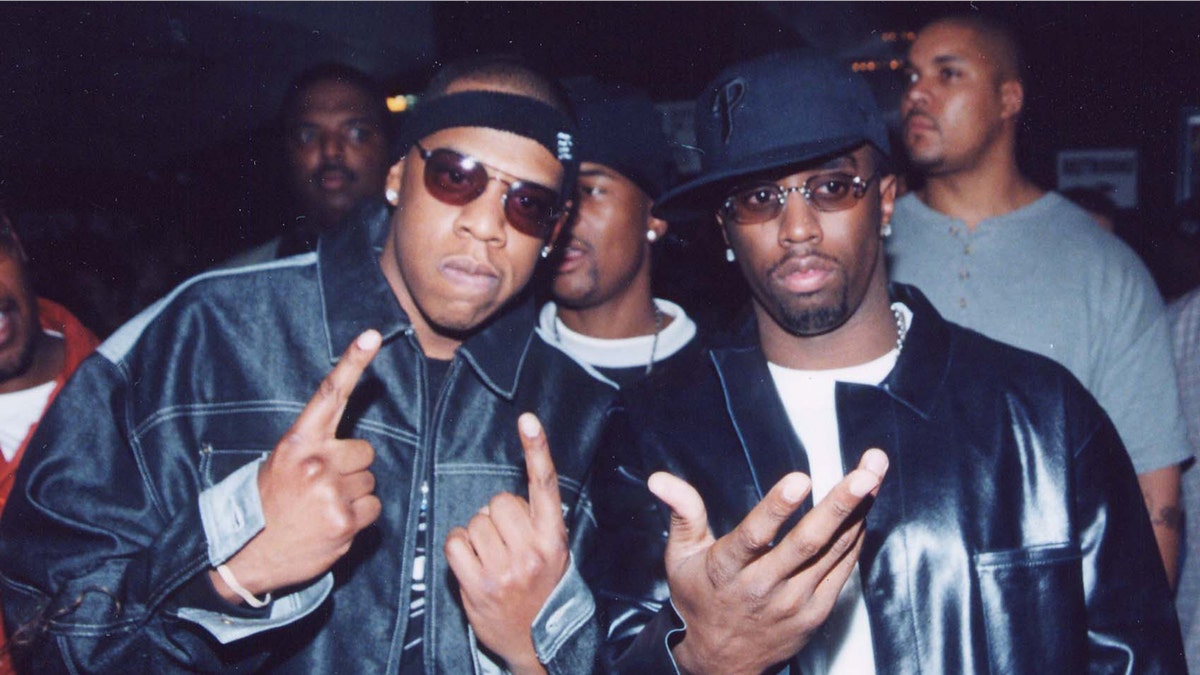
Jay-Z and Sean “Diddy” Combs allegedly sexually assaulted a 13-year-old girl at a 2000 VMAs after-party. (Jeff Kravitz/FilmMagic, Inc)
Torres’ ruling is “not uncommon” when it comes to sexual assault cases involving a minor.
“As mentioned in the ruling, sexual assault cases are highly personal and put the plaintiffs in a position of vulnerability, especially given the power dynamics and media attention of those involving celebrities,” top Los Angeles litigator John J. Perlstein explained to Fox News Digital.
“Given the plaintiff’s depression and PTSD, the judge’s ruling is in the interest of protecting the plaintiff from suffering further damages.”
However, disclosure of the victim’s identity will be “inevitable,” he noted.
“The plaintiff’s anonymity will make it harder for the defense team to collect evidence needed during discovery phases,” Perlstein explained. “As [the] judge noted, at some point the need for information will trump the anonymity, and disclosure of identity will be inevitable.”
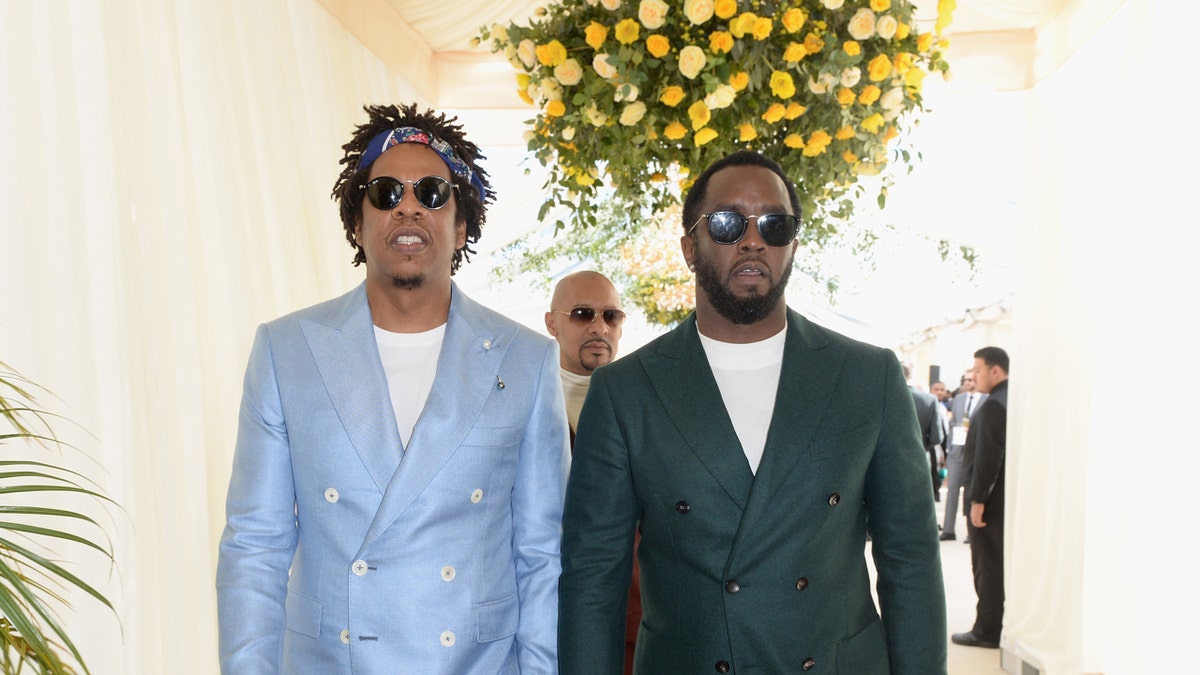
Jay-Z’s legal team had demanded the accuser reveal her identity in multiple filings. (Vivien Killilea/Getty Images for Roc Nation)
Jay-Z was added to Jane Doe’s lawsuit against Combs Dec. 8. The amended complaint named the rap mogul as “Celebrity A,” who was mentioned in the original complaint filed in October.
The new version of the lawsuit says the 13-year-old became disoriented and found a bedroom to rest after allegedly consuming one drink at a VMAs after-party. Jay-Z, Diddy and female “Celebrity B” seemingly followed the girl into the room. She “immediately recognized all three celebrities,” according to court documents obtained by Fox News Digital. Jay-Z allegedly raped the girl, followed by Diddy’s alleged rape of the plaintiff, all while “Celebrity B” watched, the lawsuit stated.

The “Empire State of Mind” rapper vehemently denied the allegations in a statement shared on Roc Nation’s social media.
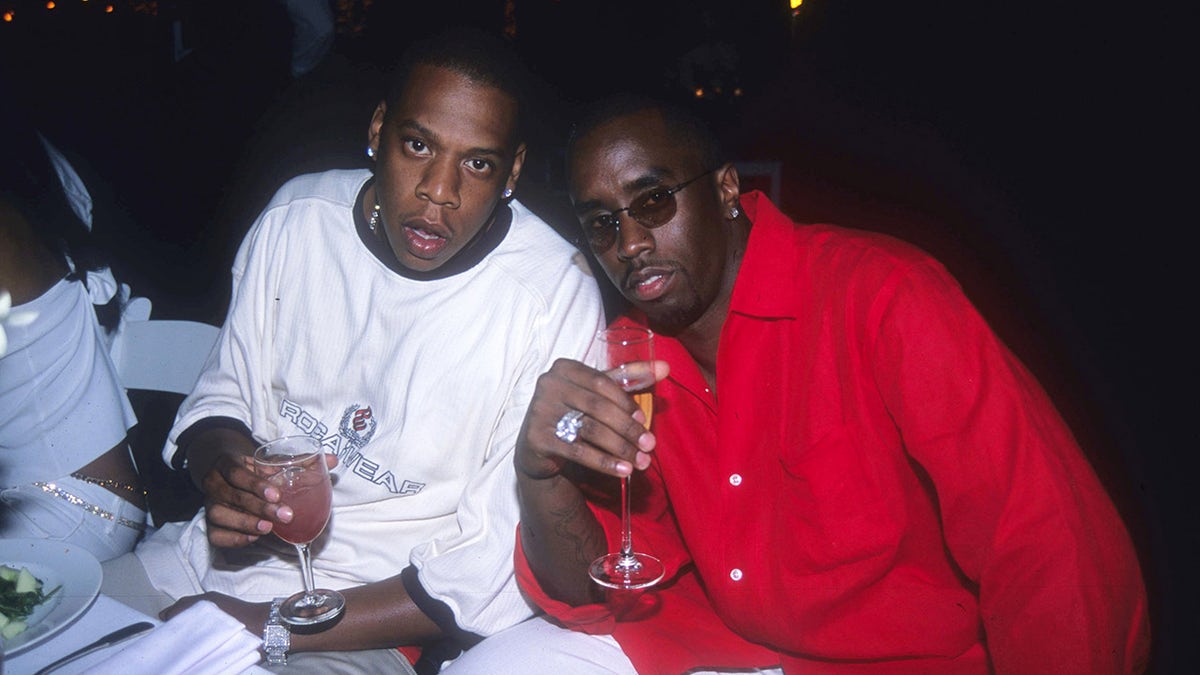
Diddy and Jay-Z, pictured in 2000, became friends in the ’90s through the music industry. (Patrick McMullan)
“These allegations are so heinous in nature that I implore you to file a criminal complaint, not a civil one!! Whomever would commit such a crime against a minor should be locked away, would you not agree? These alleged victims would deserve real justice if that were the case,” Jay-Z wrote.
Diddy has also denied the allegations against him.




